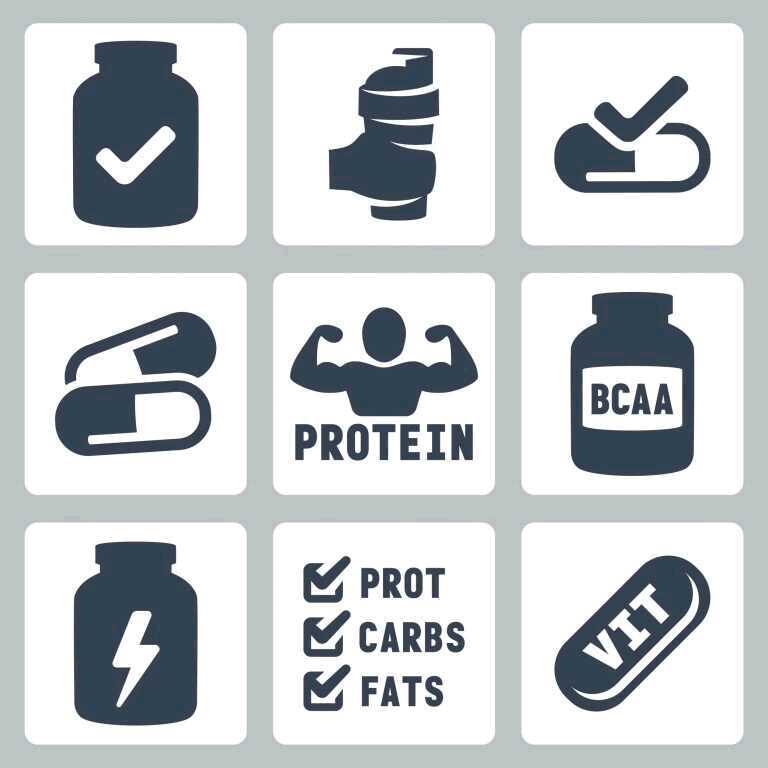
Diabetes treatment varies in its approach. Some men and women opt for an insulin pump, while others choose medication. Still, others choose to monitor their blood sugar levels and adjust diet and exercise habits accordingly.
Whether you take medication or you manage through other means, these 3 supplements may be a great addition to your diabetes arsenal.
#1. Chromium
Chromium is a trace mineral found in everyday items such as food and water. As more and more food sources become processed or otherwise tampered with, trace minerals and vitamins begin to disappear, which can lead to a chromium deficiency. Chromium has been linked to a decrease in blood sugar readings and may help the body more effectively metabolize the sugar it takes in.
#2. Magnesium
Magnesium is a common deficiency among adults, regardless of whether or not diabetes is present. Because magnesium plays a key role in digestion and energy levels, a deficiency can not only make blood sugar control difficult but can contribute to the onset of diabetes; after all, if the body can no longer break down food properly and sleep is scarce, diabetes has a perfect window to move in.
 It is important to note that with magnesium, in particular, oral supplements can be difficult to break down. Instead, use trans-dermal supplementation by spraying magnesium oil on your body and rubbing it in 1-2 times per day.
It is important to note that with magnesium, in particular, oral supplements can be difficult to break down. Instead, use trans-dermal supplementation by spraying magnesium oil on your body and rubbing it in 1-2 times per day.
#3. Psyllium
Psyllium is a source of fiber that helps break down food more effectively. Although it is often prescribed as a laxative, psyllium can help lower cholesterol, improve digestion and nutrient absorption, and (as a result) keep blood sugar levels stable. Psyllium can come in a pill or a powder, both of which perform the necessary functions to improve blood sugar levels.
Although each of the above supplements may help keep your blood sugar under control, no supplement can or should take the place of a medical regimen created and approved by your physician. Supplements should also be discussed with your physician prior to taking them, as some supplements can interfere with medications or may require a dosage to be lowered.
Used safely and with proper supervision, however, supplements can be a cost-effective, simple way to help control your blood sugar and increase your peace of mind. Because supplements are not studied in a clinical setting, long-term results are often not known. For this reason, you should always request a blood test from your doctor to make sure you are deficient in any of the above to avoid the risk of overdose.
ReferencesWebMD. Accessed 4/13/17.
Reader’s Digest. Accessed 4/13/17.
